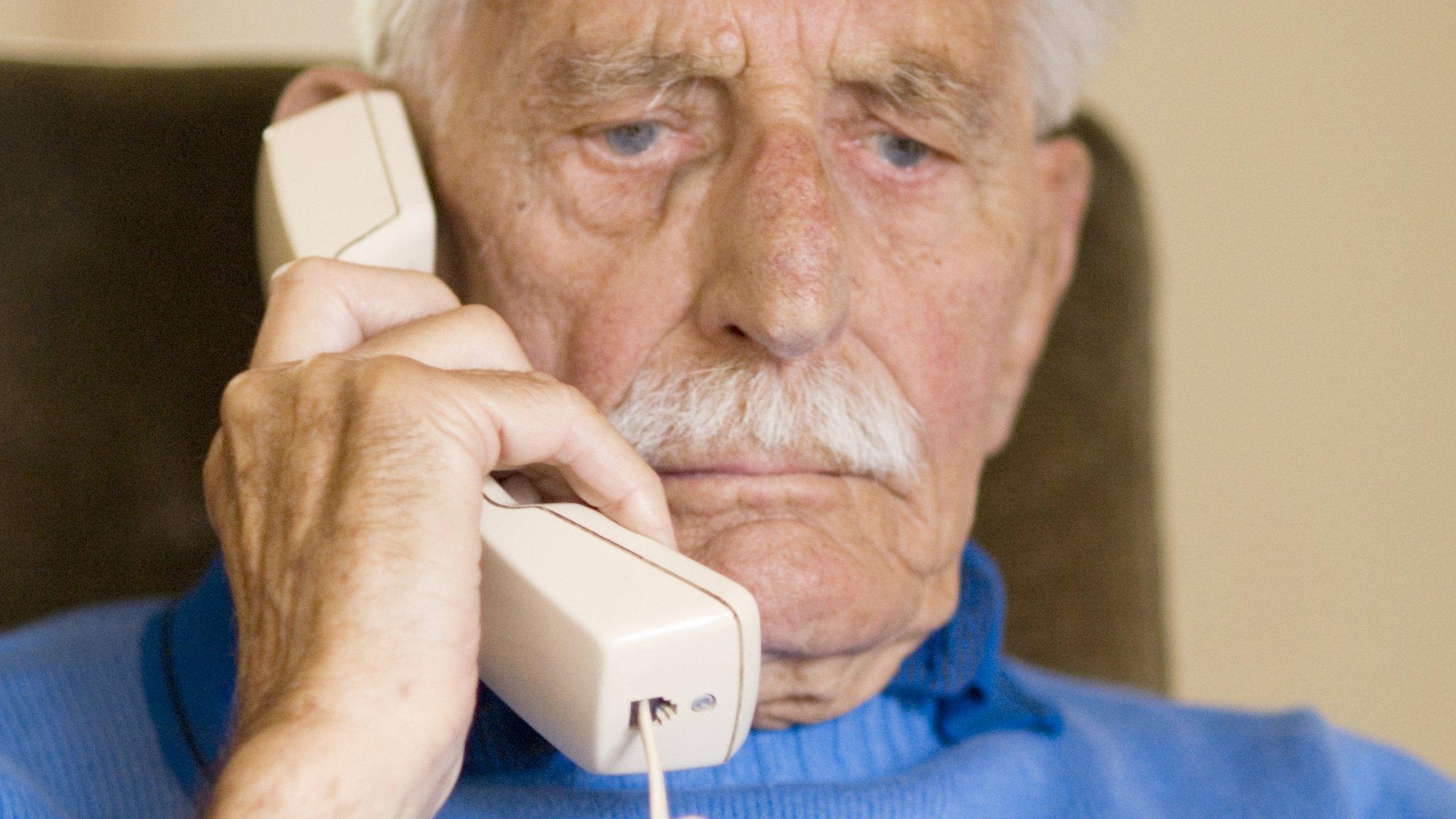South East Coast Ambulance 'failure' over NHS 111 calls
- Published
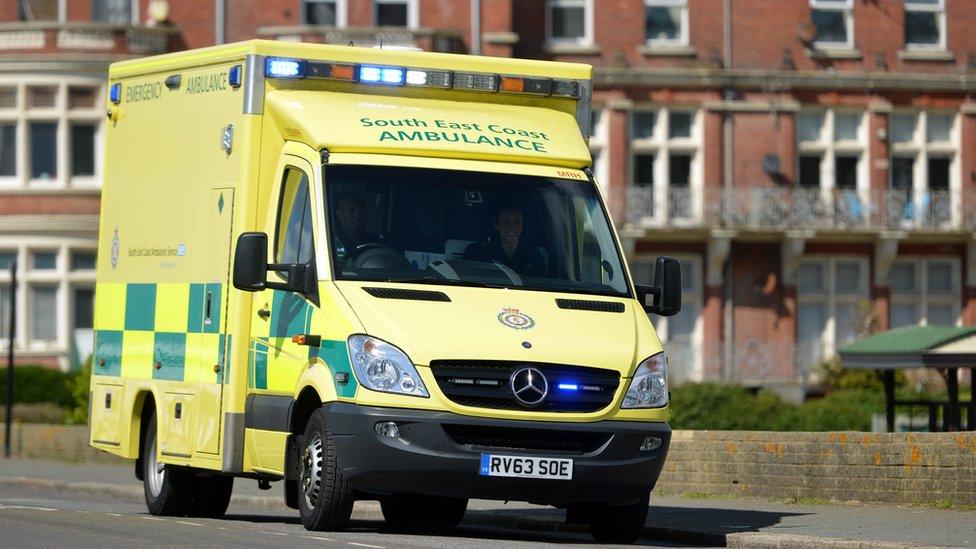
Secamb gave itself an extra 10 minutes to deal with some potentially life-threatening calls
An NHS ambulance trust is being investigated after it dodged national response targets to gain more time to assess some seriously ill patients.
In a pilot project, South East Coast Ambulance delayed sending help for certain 111 calls and transferred them to the 999 system, thus gaining an additional 10 minutes to respond.
Health regulator Monitor said it had not fully considered patient safety.
The trust has defended the project but acknowledged the "serious findings".
South East Coast Ambulance Service NHS Foundation Trust (Seacamb) covers Kent, Surrey, Sussex, Brighton and North East Hampshire.
As part of the pilot from December 2014 to February, the trust transferred some calls between systems to re-assess what type of advice or treatment patients needed and whether an ambulance was really required.

How call handling was changed
Secamb provides NHS 111 services across the region and responds to 999 calls.
Some NHS 111 calls were transferred to the 999 system to give Secamb more time for more urgent calls.
The calls affected were in the second most serious category - Category A Red 2 - which covers conditions like strokes or fits but which are less critical than where people are non responsive.
Under NHS rules, calls designated as life-threatening are supposed to receive an ambulance response within eight minutes.
The trust allowed itself an extra 10 minutes to deal with some calls by "re-triaging" patients in the 999 system.

Monitor said the project was "poorly handled" and there were "reasonable grounds to suspect that the trust is in breach of its licence."
It has added a condition to Secamb's licence, so that if insufficient progress is made the leadership team could be changed.
Paul Streat, regional director at Monitor, said: "It is understandable that trusts want to explore better ways of delivering the best possible care but this was poorly-managed and done without the proper authorisation and without enough thought given to how it might affect patients."
The trust said it had faced "unprecedented call volumes" and "serious hospital handover delays" last winter.
Chief Executive Paul Sutton said it had wanted to make sure the most ill patients were responded to promptly, but acknowledged that it had not acted in the right way.
"These are serious findings," he said. "We have already begun to take steps to address Monitor's concerns and as part of this process, independent reviews will assess how decisions are made within the trust, governance processes and our approach to patient safety."
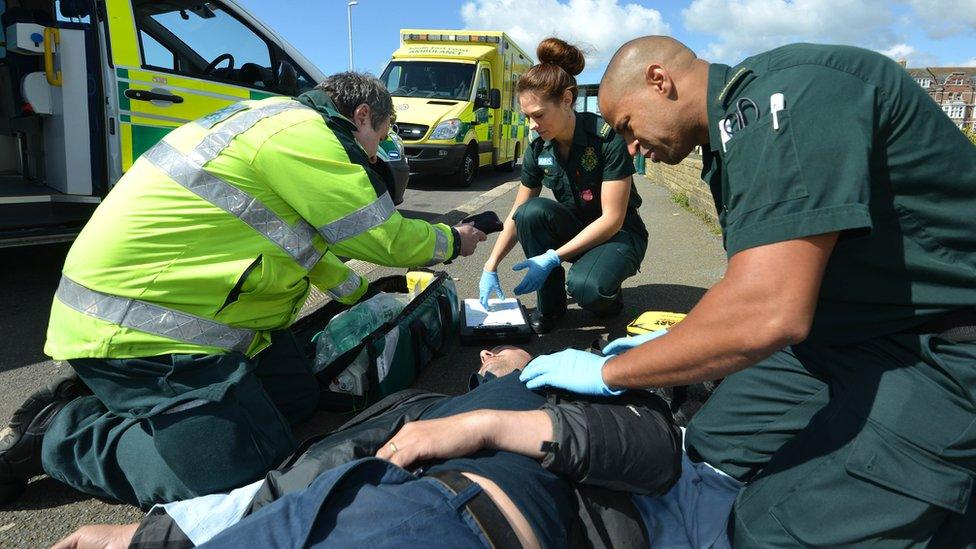
The ambulance trust said it was under severe pressure from unprecedented call volumes
- Published2 January 2015
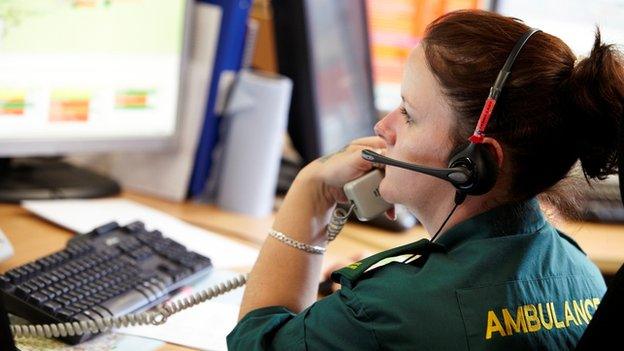
- Published15 February 2014
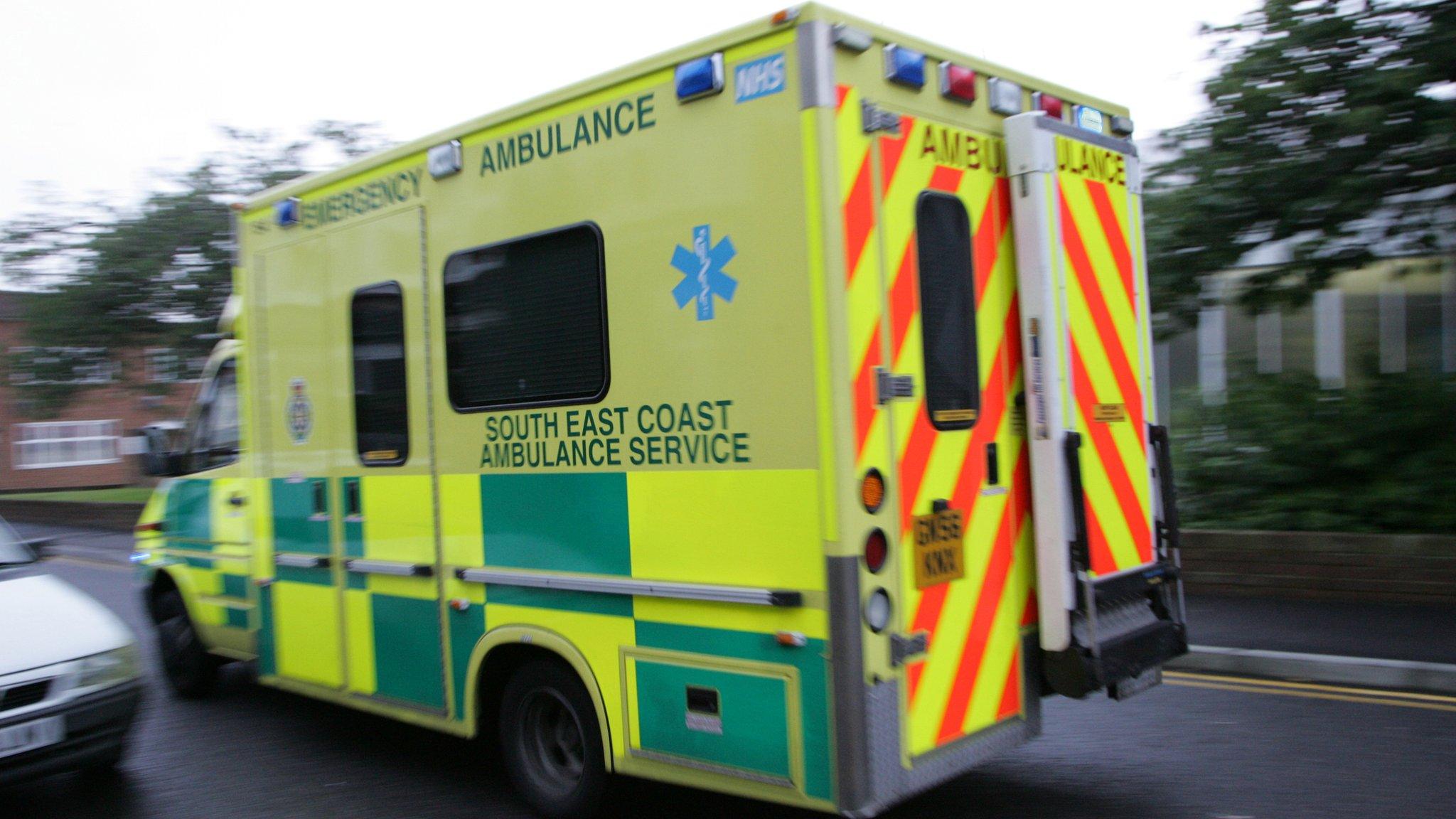
- Published4 December 2014
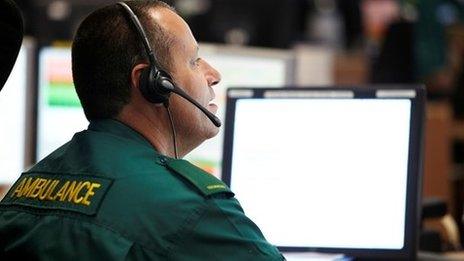
- Published18 April 2013
